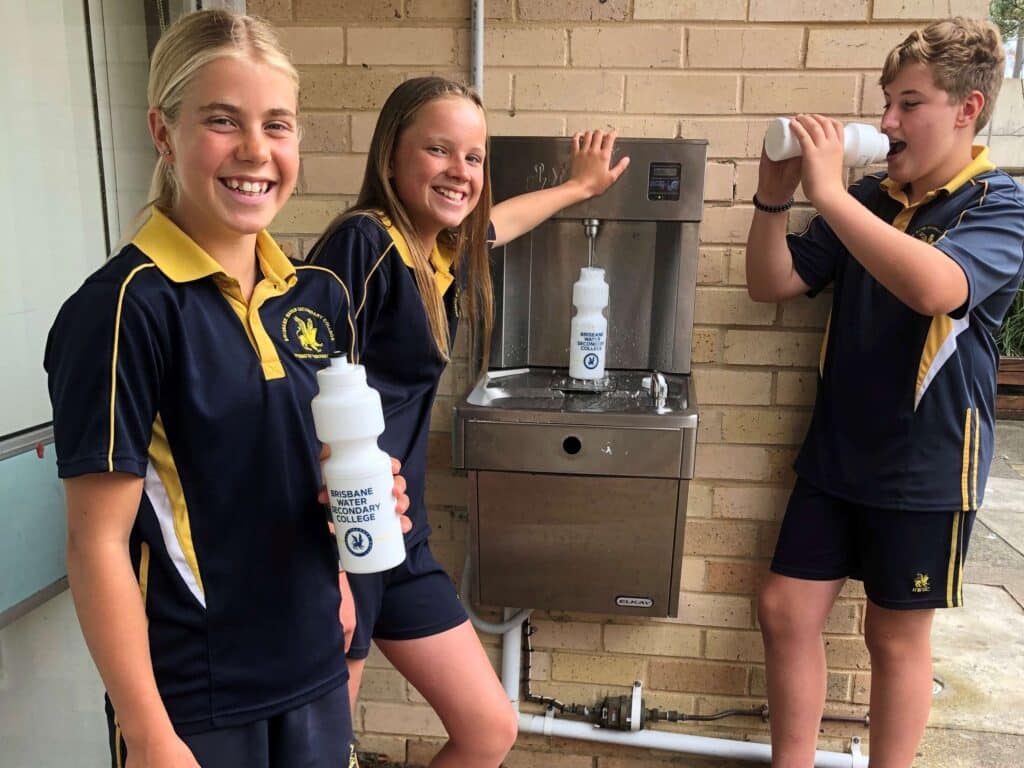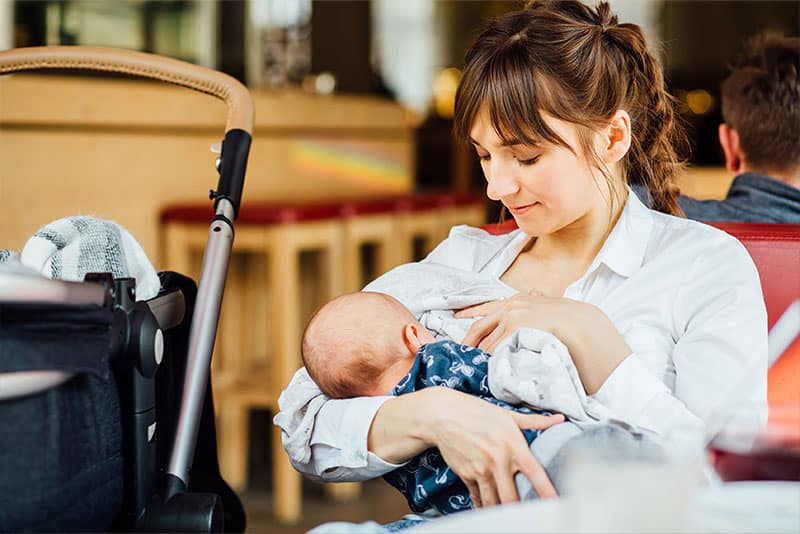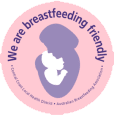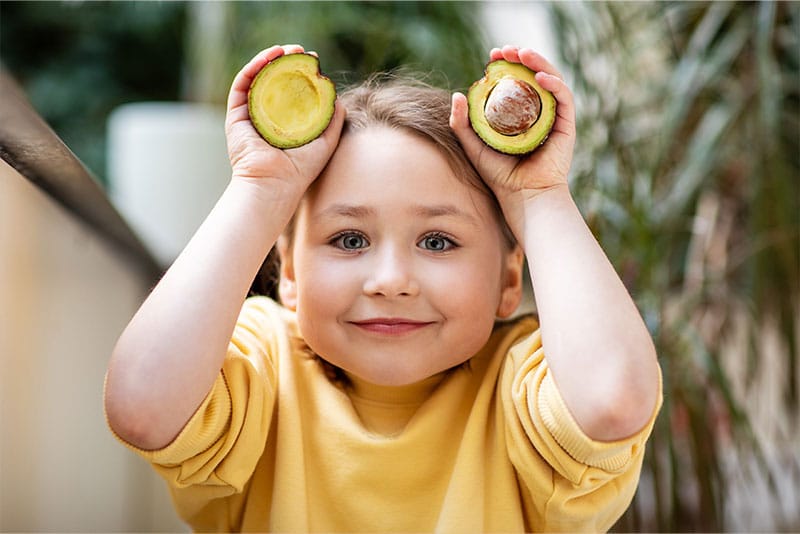Breastfeeding
Services and information to promote, protect and support mothers to breastfeed.
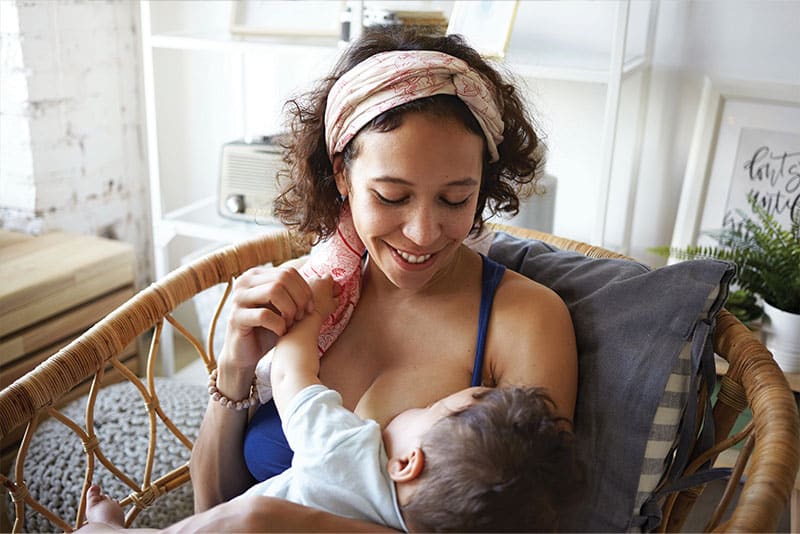
Why breastfeed?
Breastfeeding is important for mother and baby health. Any amount of breast milk offered to your baby is good.
Breastmilk is the ideal food for infants; it is safe, clean and contains antibodies that help protect against many common childhood illnesses. Breastmilk provides all the energy and nutrients that infants need for around the first six months of life. From six to 12 months breastmilk continues to provide up to half or more of a child’s nutritional needs and up to one third of a child’s nutritional needs between 12 months and two years.
Breastfed children are less likely to be overweight or obese and less prone to diabetes later in life. Women who breastfeed also have a reduced risk of breast and ovarian cancers.
Watch this video about the importance of breastfeeding for your baby’s health and development.
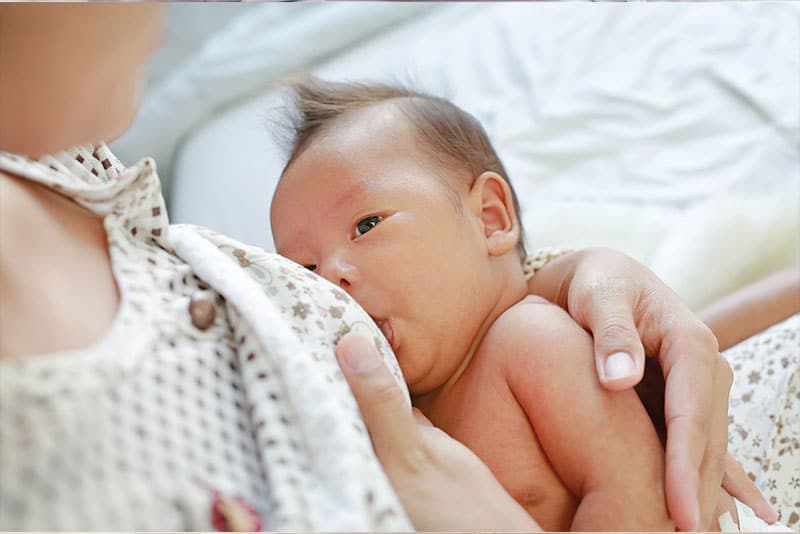
How long should I breastfeed for?
In Australia, it is recommended that infants are exclusively* breastfed until around six months of age when solid foods are introduced, and that breastfeeding is continued until 12 months of age and beyond, for as long as the mother and child desire.[1]
There are no benefits to starting solid foods before around six months. Starting too early can contribute to a decrease in breast milk production. The Starting Family Foods booklet provides current advice on introducing your baby to solid foods.
*Infant receives only breast milk. No other liquids or solids are given, not even water, with the exception of oral rehydration solution, or drops/syrups of vitamins, minerals or medicines.
Breastfeeding support services
Breastfeeding is a learned skill, which needs practice. The more you feed your baby, the easier it will get. If you need support with breastfeeding, there are a number of organisations and services that can help.
Central Coast Local Health District breastfeeding support clinics
These breastfeeding support sessions for Central Coast residents are run by child and family health nurses to support, protect and promote breastfeeding. They are held in a number of community health centre facilities across the Coast.
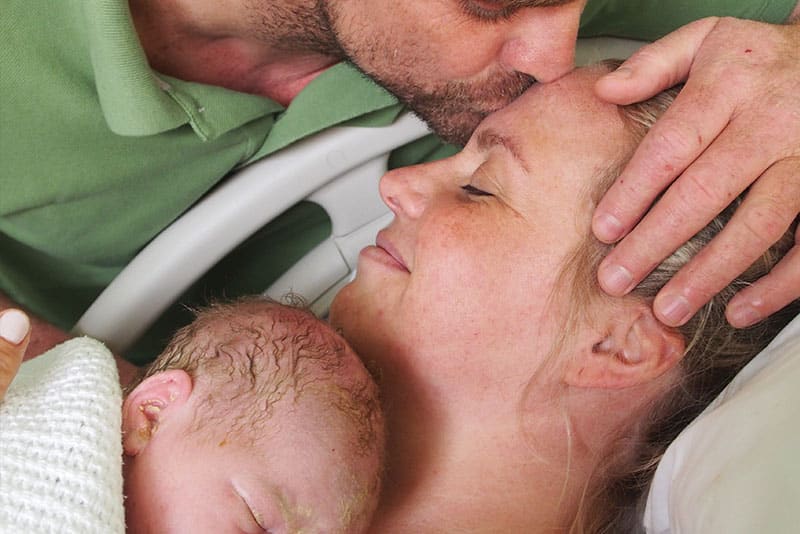
Australian Breastfeeding Association (ABA)
The Australian Breastfeeding Association website provides a range of resources to support, educate and advocate for a breastfeeding-inclusive society.
The Australian Breastfeeding Association runs regular face-to-face breastfeeding education classes for expecting parents to prepare for breastfeeding. Each class runs for about three hours and usually includes a breastfeeding demonstration by a local mum with a young baby.
Call the Breastfeeding Helpline on 1800 mum 2 mum (1800 686 268). The helpline is run by the Australian Breastfeeding Association and is available 24 hours a day, 7 days a week. It is staffed by trained volunteer counsellors who can provide reassurance, give you knowledge about how breastfeeding works and help you to overcome hurdles.
The mum2mum app provides breastfeeding information and support based on your baby or child’s age. Find answers to commonly asked questions, keep a log of your baby’s feeds, sleep and nappy changes and connect with other Australian Breastfeeding Association members through its meet-ups section.
You can hire a breast pump through the Australian Breastfeeding Association.
Raising Children Network
An Australian parenting website that provides articles, videos and interactive resources tailored to different ages and stages. Breastfeeding information can be found in the newborns and babies tabs.
MotherSafe
MotherSafe is a free telephone service for women in NSW. It provides counselling for women and their healthcare providers concerned about exposures during pregnancy and breastfeeding. Exposures may include prescription and street drugs, medications, infections and radiation.
Call 1800 647 848 or visit the website for more information.
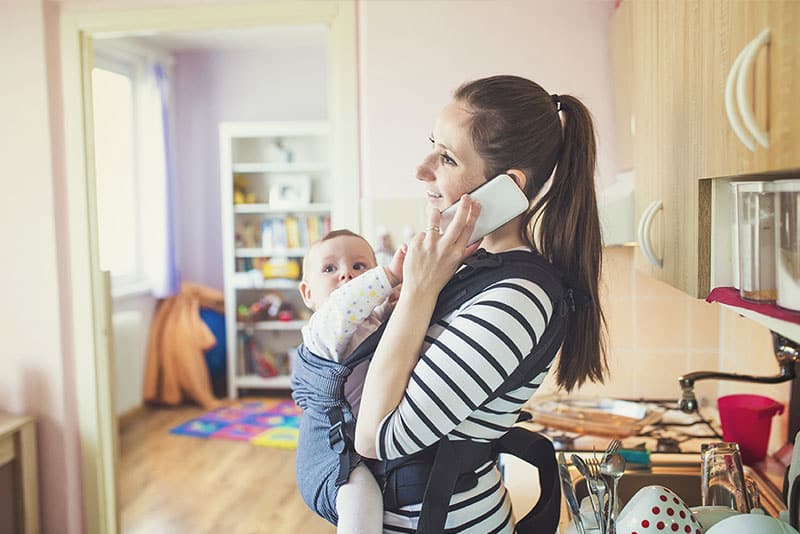
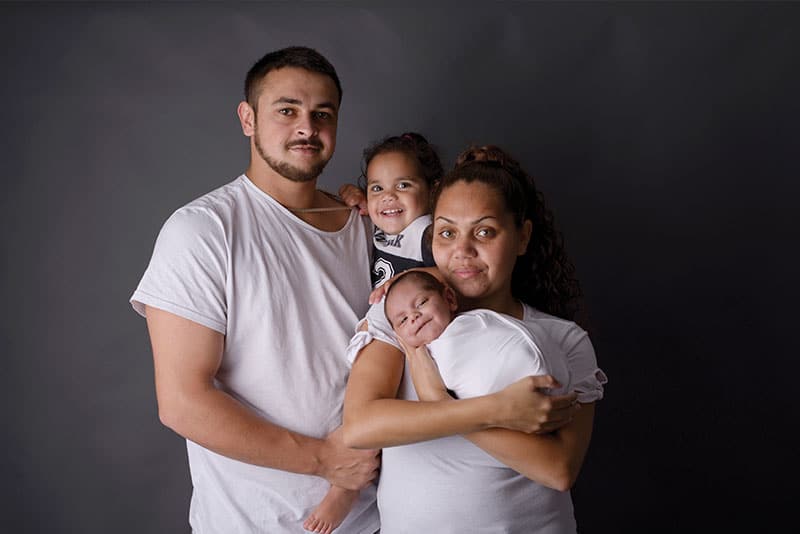
How can other family members support breastfeeding?
Five ways family and friends can support a mother to breastfeed:
- Offer encouragement.
- Help with the baby between feeds, and older children in the family, to allow the mother to rest or nap.
- Make nutritious meals and snacks to help increase her energy.
- Help with cleaning and other jobs around the house to decrease these responsibilities.
- Find breastfeeding friendly meeting places.
Dads can sign up to SMS4dads and receive free text messages sent straight to their phone containing tips, information and links to other services to help fathers understand and connect with their baby and support their partner.
Grandparents play an important part in the encouragement and support of breastfeeding. More information for grandparents can be found in the resource Supporting Breastfeeding: Grandparents can make a difference.
The First 2000 Days
The first 2000 days (conception to age 5) of life are for life.
This period is a critical time for physical, cognitive, social and emotional health as what happens in the first 2000 days has been shown to have an impact throughout a child’s life.
That’s why it’s never too early to talk, read, sing and play with children.
Watch this video to learn more about the role we can play in supporting the positive growth and development of all children, as well as the support services available on the Coast.
World Breastfeeding Week Art Competition
Central Coast Local Health District’s Breastfeeding and Infant Feeding Reference Group has run two community art competitions in aid of World Breastfeeding Week (1–7 August).
You can view the winners of our 2021–22 competition and the inaugural 2020 competition via the virtual galleries below.
Other pages you might be interested in
Latest News
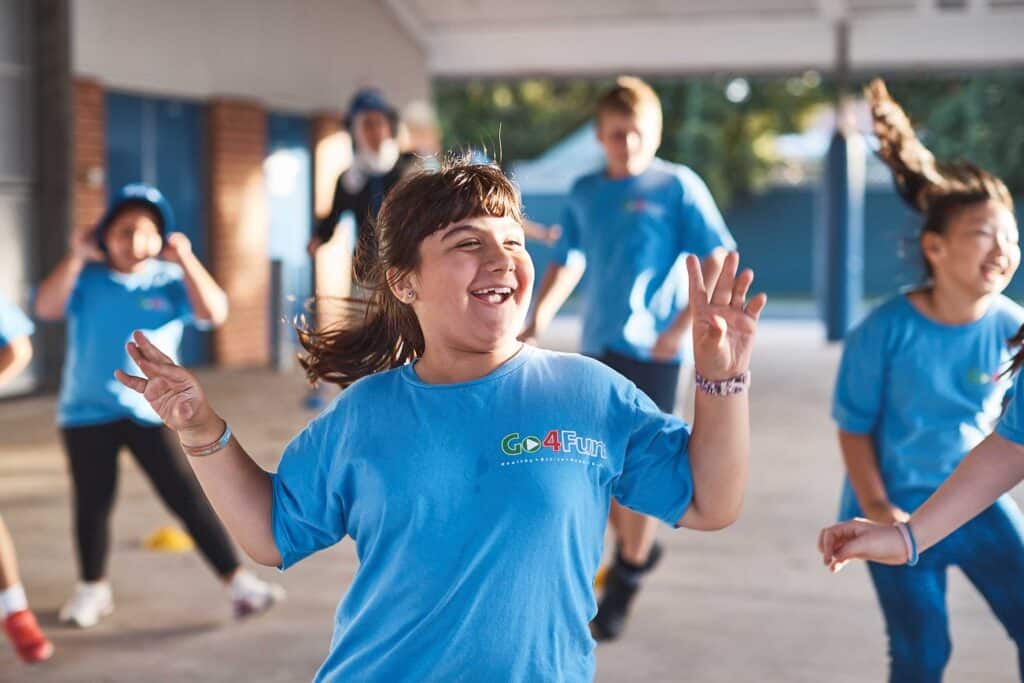
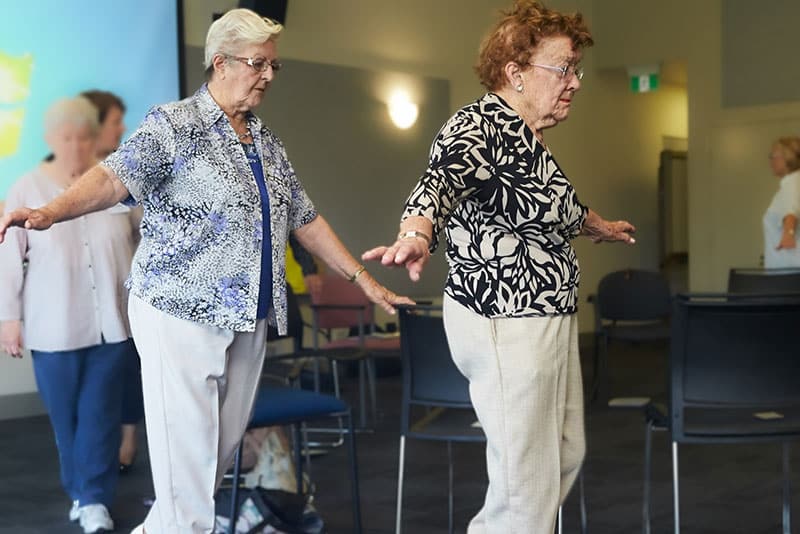
Get active to improve your strength and balance this April Falls
